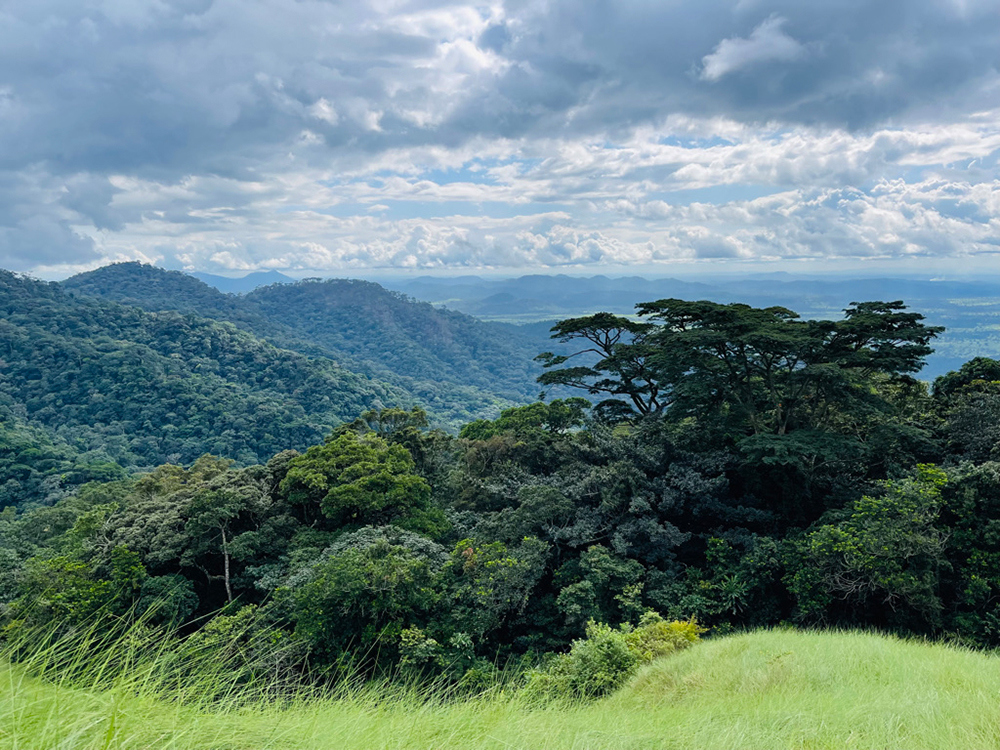Genetics as Conservation Tool for Endangered Chimpanzees

The western chimpanzees of Guinea are threatened by mining activities. Using a novel genetic approach, UZH researchers and an international team have collected information on population size and community structure of the endangered species. These data provide an important baseline to assess the impact of mining.
The western chimpanzee is listed as “Critically Endangered” on the Red List of the International Union for the Conservation of Nature. The Mount Nimba Strict Nature Reserve, a UNESCO World Heritage site, located on the borders of Guinea, Liberia and Côte d’Ivoire in West Africa, harbors a unique population of this subspecies. However, this region is now under threat from mining activities immediately abutting its borders. Guinea is rich in minerals with some of the highest‐grade iron‐ore deposits in the world. “It is therefore crucial to establish tools to monitor this endangered chimpanzee population and assess the potential impact of mining,” says Kathelijne Koops, professor in the Department of Evolutionary Anthropology at the University of Zurich.
“This study undeniably confirms the status of the Nimba UNESCO World Heritage Site as a priority site for the conservation of the critically endangered western chimpanzee,” says co-author Dr. Tatyana Humle, senior associate at Re:wild. “It also demonstrates the value of employing non-invasive genetic techniques to generate critical data on population abundance, structure and genetic health.” “For future impact assessments, we recommend genetic sampling, combined with camera trapping, as these methods can provide robust baselines for biomonitoring and conservation management,” says Koops. Not only for the western chimpanzee but also for other species of endangered great apes.